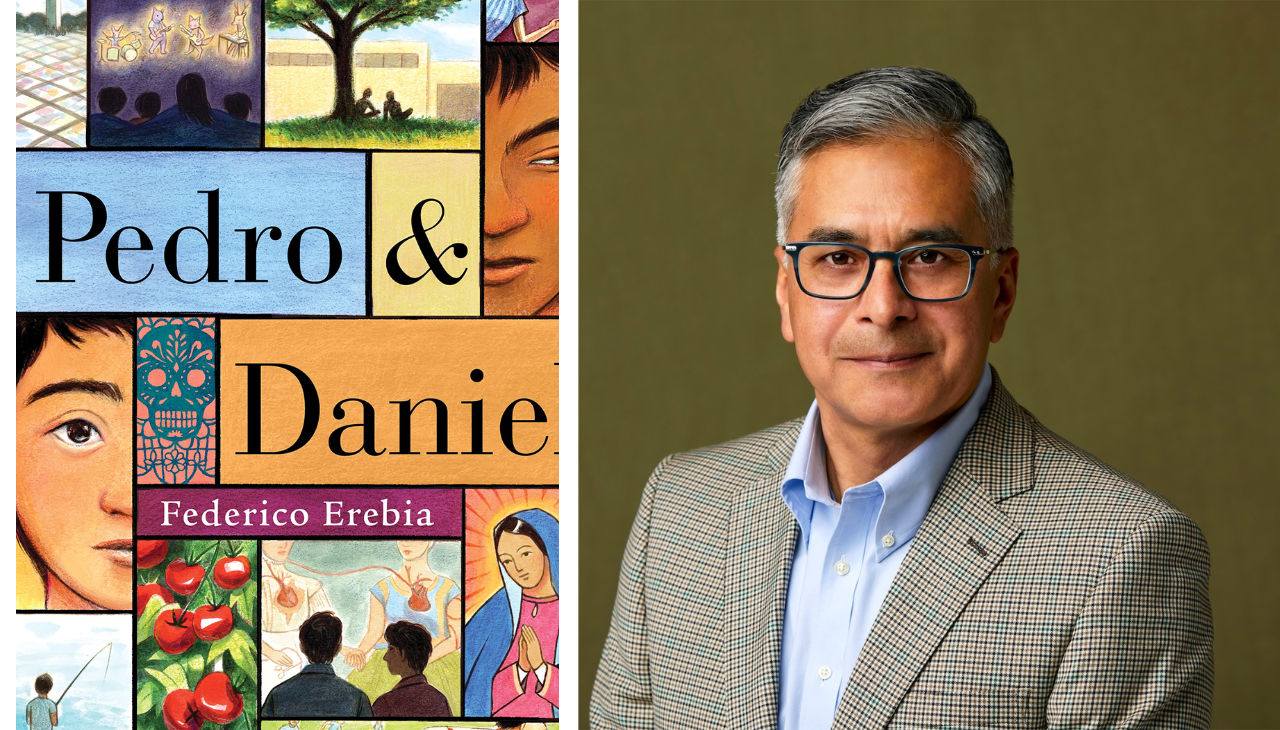
The precious legacy of Frantz Fanon
A new book analyzes the contributions of the renowned Caribbean intellectual and activist to understanding the keys to decolonization.
Sixty years after the publication of The Wretched of the Earth and his death from leukemia at the age of 36, a new book has arrived in bookstores to remind us of the importance of this renowned intellectual and activist from Martinique in understanding the impact of colonialism.
Fanon Today: Reason and Revolt of the Wretched of the Earth, edited by activist and scholar Nigel Gibson, "offers a solid overview of Frantz Fanon's relevance to the work of those of us who still believe that a just and humane world is necessary and possible," reads a press release published by Daraja Press.
Throughout the volume, the contributors lay out the keys to a Fanonist development of radical humanism, which looks at the psychological development of the person in the context of consciousness-raising, collective action and structural change.
Through a variety of examples, the book also clearly demonstrates the fact that agents of change need not simply be the usual suspects of the industrial working class, but includes — and must include — the peasantry and the various manifestations of the lumpenproletariat.

RELATED CONTENT
Fanon wrote that decolonization is always a violent process that dehumanizes the colonized, denying them their past, their essence and their values.
"Colonialism is not a thinking machine, it is not a body endowed with reason. It is violence in a state of nature," he wrote in The Wretched of the Earth, as quoted in El País.
Frantz Omar Fanon (Fort-de-France, Martinique, France; July 20, 1925-Bethesda, Maryland, United States; December 6, 1961), was a French-Caribbean revolutionary, psychiatrist, philosopher and writer. His work was of great influence on the revolutionary movements and thinkers of the 1960s and 1970s.
Fanon supported the Algerian struggle for independence and was a member of the Algerian National Liberation Front. His life and works, most notably The Damned of the Earth, have incited and inspired anti-colonialist liberation movements for more than four decades.











LEAVE A COMMENT:
Join the discussion! Leave a comment.